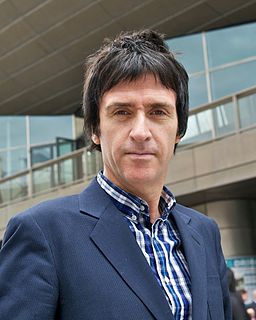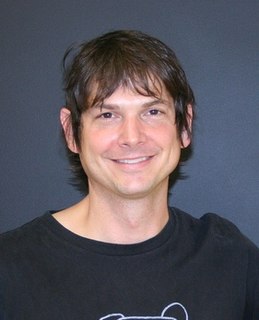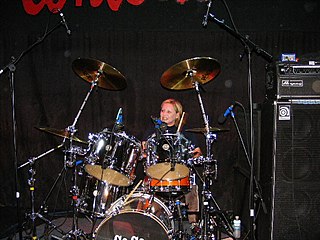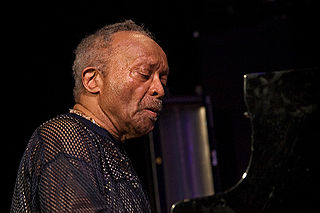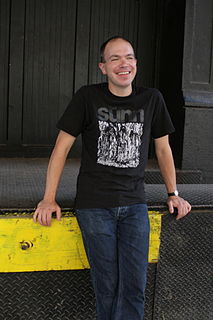A Quote by Paul Simon
When I was 15, I made a solo record. It made Artie very unhappy. He looked upon it as something of a betrayal.
Related Quotes
I haven't been walking around for years with some burning desire to do a solo record. If I had, maybe I'd have made a record that was experimental. Usually, the idea of a solo record is to get some weird stuff out of your system, but I don't think like that. I wasn't interested in making something that was a hard listen - maybe I'll get around to that some other time. I wanted it to sound effortless, not like I was trying to reinvent the wheel.
In 2010, when the Lotus Sutra was made available to me by a private dealer, I was very fortunate to be able to have it. It is very long, 30 feet or something crazy like that. It has some 15,000 very small standard script characters that the artist Zhao Mengfu in the Yuan dynasty made when he was in his 60s.
Well, I never made a record to be in the Christian market. So when I made my record it was to exist in all of the markets. I grew up not really listening to tons of Christian music and if I did it was in the context of all the other music I listened to. So when I made the record I definitely had plans and visions and dreams.
I made 'Desert Moon' and when I made those solo albums, I was trying not to be Styx, because I thought, 'That belongs to us.' So, I made different kinds of solo albums that were not dipping my hand back into the magic Styx jar and pulling out all the tricks - because bands, they have tricks, don't they? That's what makes them different.

